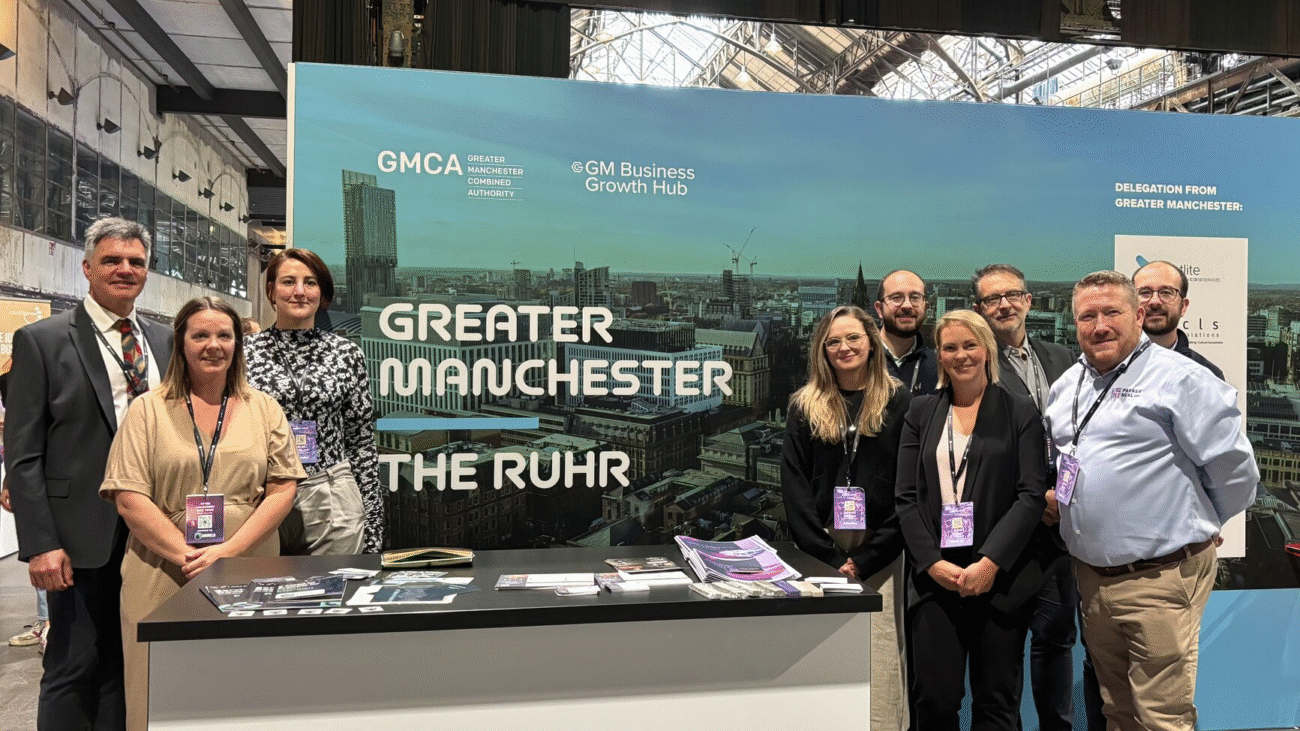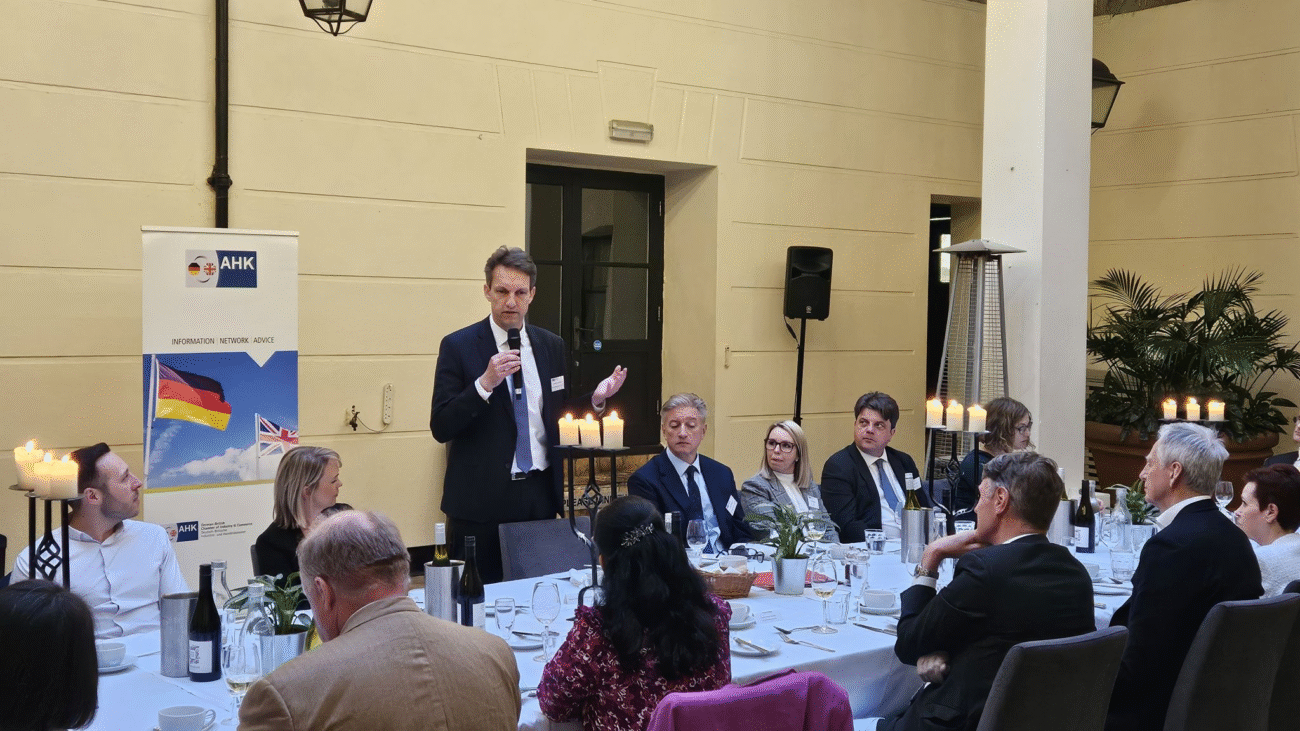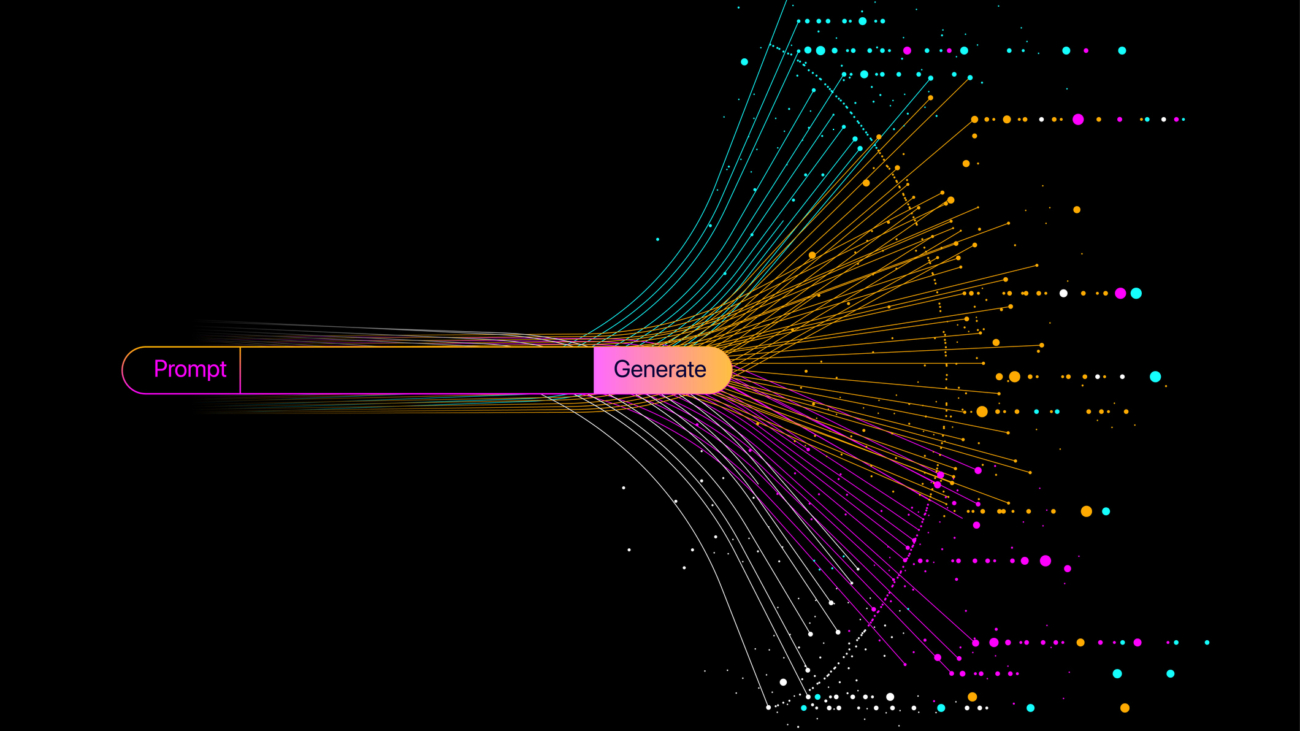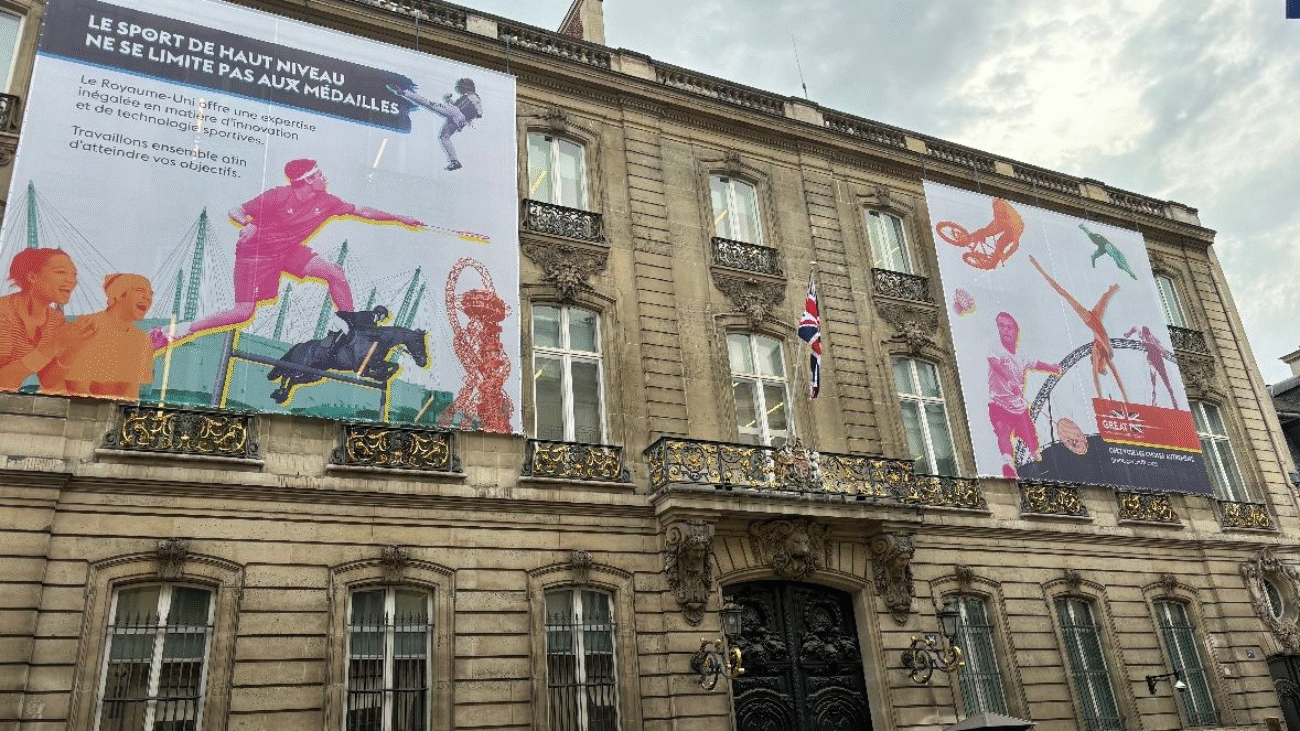Location: Dornbirn, Austria
Sector: Manufacturing
Project: Ongoing localisation of technical/marketing documentation
Language(s): German > English
Client
Our client is a leading international supplier of innovative lighting solutions for both indoor and outdoor building applications. With headquarters in Austria, they design and manufacture tailor-made LED luminaires and lighting management systems, and provide expert lighting design and planning services. As an innovation leader with a strong focus on sustainability, they actively contribute to the transition towards a circular economy by integrating energy efficiency, durability and responsible use of resources into every aspect of the lifecycle of their products.
Our team regularly localises a range of documentation from German into English, from press releases and training materials to sustainability reports and case studies. This is essential for our client to:
- Ensure their sustainability efforts and details of their innovative products reach a wider global audience
- Position themselves as an innovation leader in the lighting industry with a focus on sustainability
- Ensure compliance with EU sustainability reporting directives
- Enable the continued expansion of their products and services into international markets
Challenge / Solution
Our ongoing task is to localise a variety of documents detailing our client’s pioneering lighting products and services, highlighting their three key focus areas: sustainability, digitalisation and innovation. The target audience for our localised content includes our client’s customers, stakeholders, suppliers and potential investors. With an emphasis on both technical and marketing elements, the content presents a unique challenge and requires the expertise of linguists who are skilled in both areas.
Over the years, we have assigned a select team of professional linguists with extensive experience in both the manufacturing and marketing fields to work on our client’s localisation projects. It’s crucial to strike the right balance of technical accuracy and persuasive marketing language in order for the localised content to resonate with more specialist readers as well as general audiences of potential consumers, without losing its clarity or impact.
Our team possesses the necessary knowledge and awareness of EU sustainability legislation, which is frequently referenced in the documentation. Each project requires extensive research, often focused on emerging technologies that our client is leveraging to take their users one step closer to a circular economy. The Internet of Things (IoT), for example, plays a key role, integrating sensors, luminaires and controls to create smart networked systems that provide useful data, an enhanced user experience and more sustainable, resource-efficient building management.
The content we receive includes annual sustainability reports, product brochures, press releases and internal training materials, to name a few. While these texts vary in their style and purpose, they often share overlapping themes and therefore terminology. Consistent localisation across these diverse document types is essential. In order to achieve this, we have built up an extensive glossary that reflects our client’s preferred terminology while also updating their customised translation memory (TM) after each project and ensuring that any changes or updates are clearly communicated with our entire team.
Impact
Our long-standing client consistently relies on our high-quality work to support their international growth plans. Their continued trust means that they also turn to us for services other than localisation, making use, for example, of our cultural consultancy skills by seeking our input on elements such as slogans for internal events.
The localised content that we have provided over the many years we have worked together has had a significant impact on our client’s growth and the expansion of their innovative products and services into international markets. Effective localisation of their technical and marketing documents means they can enjoy the following benefits:
- Stronger brand positioning as a global leader contributing to the circular economy, backed by clear, culturally relevant messaging that resonates with local markets and highlights their commitment to sustainability
- Expansion into new markets thanks to precise translation and effective localisation of sustainability regulations and legislation, ensuring full compliance and competitive advantage
- An enhanced user experience by providing user manuals and product documentation in native languages, empowering customers to make informed decisions
- Increased engagement with local communities as a result of our team’s accurate localisation of case studies and press releases that highlight our client’s achievements and showcase their latest innovative products
We are very proud to support our customer’s mission to transition lighting products and services to sustainable alternatives that contribute to a circular economy, helping them to drive meaningful change while reaching new customers and investors around the world. Our expert technical and marketing localisation services mean that our client can rely on us to ensure their documentation is always technically accurate and culturally appealing. Get in touch with us today to find out how we can help you to achieve your business goals and sustainability commitments: info@ecls-translations.com.










